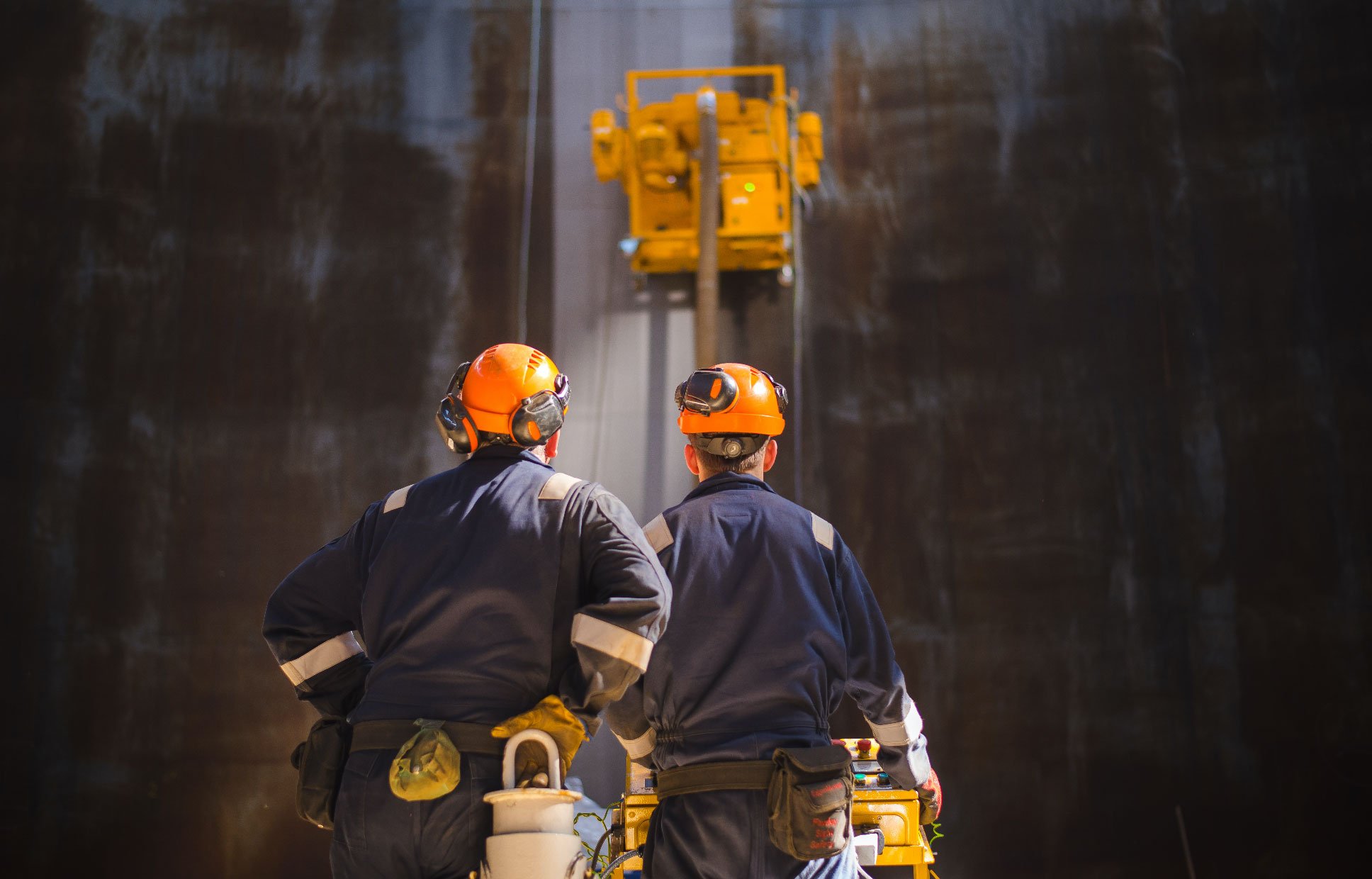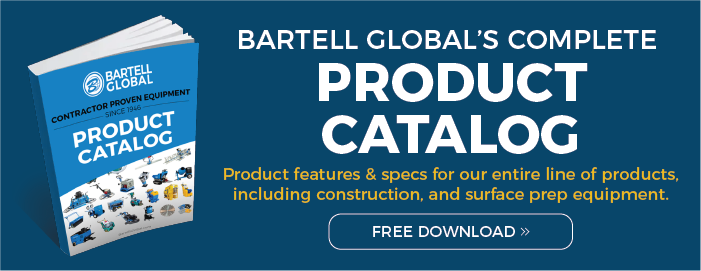Batteries are one of those topics that seem pretty straight forward at first glance, but are anything but simple once you take a deeper look. There seems to be a lot of conflicting opinions and information on the internet, which can make things incredibly confusing if you aren’t sure what you’re looking for. We’ve had a few customers ask us about the difference between the two types of batteries we sell here at Bartell Global so we’ve written this short blog to help simplify the info, and highlight the differences between the two. Take note that the batteries we will be discussing are not the only two on the market, you can find many battery types out there; however, we chose the following two forms of batteries because they are the best options for the applicable equipment we manufacture.
They are:
1) Flooded Deep Cycle Lead Acid
2) AGM (Absorbed Glass Mat) Lead Acid
WHAT IS A FLOODED DEEP CYCLE LEAD ACID BATTERY?
A Flooded Lead Acid Battery contains a 35% sulfuric acid and 65% water solution called electrolyte, which allows for the chemical reaction needed to excite electrons. This electrolyte flows freely within the battery cell, so that it circulates through absorbent separators surrounding positive and negative plates. Occasionally, you’ll have to refill the water which can be tricky if you haven’t done it before because you’re only supposed to fill up to a certain point above the plates.
Deep Cycle batteries are made with thicker internal plates allowing for long-term energy delivery. Deep Cycle won’t give the initial quick bursts of energy like batteries with thinner plates (starter batteries) would. This is preferred for our equipment because the thicker plates are able to withstand more discharge cycles, and are designed to be used in situations that require more draw from the battery, like in our machinery and heavy-duty equipment.
WHAT IS AN ABSORBED GLASS MAT (AGM) BATTERY?
AGM batteries are still lead acid batteries, but how they differ is in their construction. Incredibly thin glass fibers are woven into a mat which is then soaked with battery acid to about 95% of what it can hold. These mats are then packed in between the plates of the battery, slightly compressed and welded or soldered in place to hold sufficient electrolyte on the cells, rather than having the electrolyte flow freely. This glass mat absorbs and restrains the acid while still keeping the acid available to the plates, allowing for fast reaction between the electrolyte and plate material. Because the plates and mats are packed pretty tight, they are almost completely resistant to vibration. You also may find that different manufactures refer to AGM’s by different names; "sealed regulated valve", "dry cell", "non spillable", and "Valve Regulated Lead Acid" batteries, to name a few.
Many assume AGM’s are Deep Cycle, but just like other batteries, you have to remember that Deep Cycle refers to the thickness of the plates within the battery. Keep that in mind so you know to check for that when making your purchase.
Generally, we tend to suggest using AGM batteries for a few reasons.
- AGM batteries are sealed and do not require you to refill any fluids, eliminating the risk of overfilling or coming in contact with the battery acid and obtaining injuries or burns.
- AGM batteries will hold their charge better than other types, so If you don't use or operate your equipment daily you won’t have to worry about continuously charging in the meantime.
- In most cases AGM batteries will have a greater life span and greater cycle life than a wet cell battery.
- AGM is preferred when a high burst of amps may be required.
- AGM batteries can be charged at normal regulated charging voltages, so there is no need to recalibrate charging systems or buy special chargers for them.
Ultimately both batteries will do the trick, but the technology behind AGM batteries is safer and more efficient. If you can invest the extra money in AGM batteries, you’ll see the reward long-term.


 By
By 